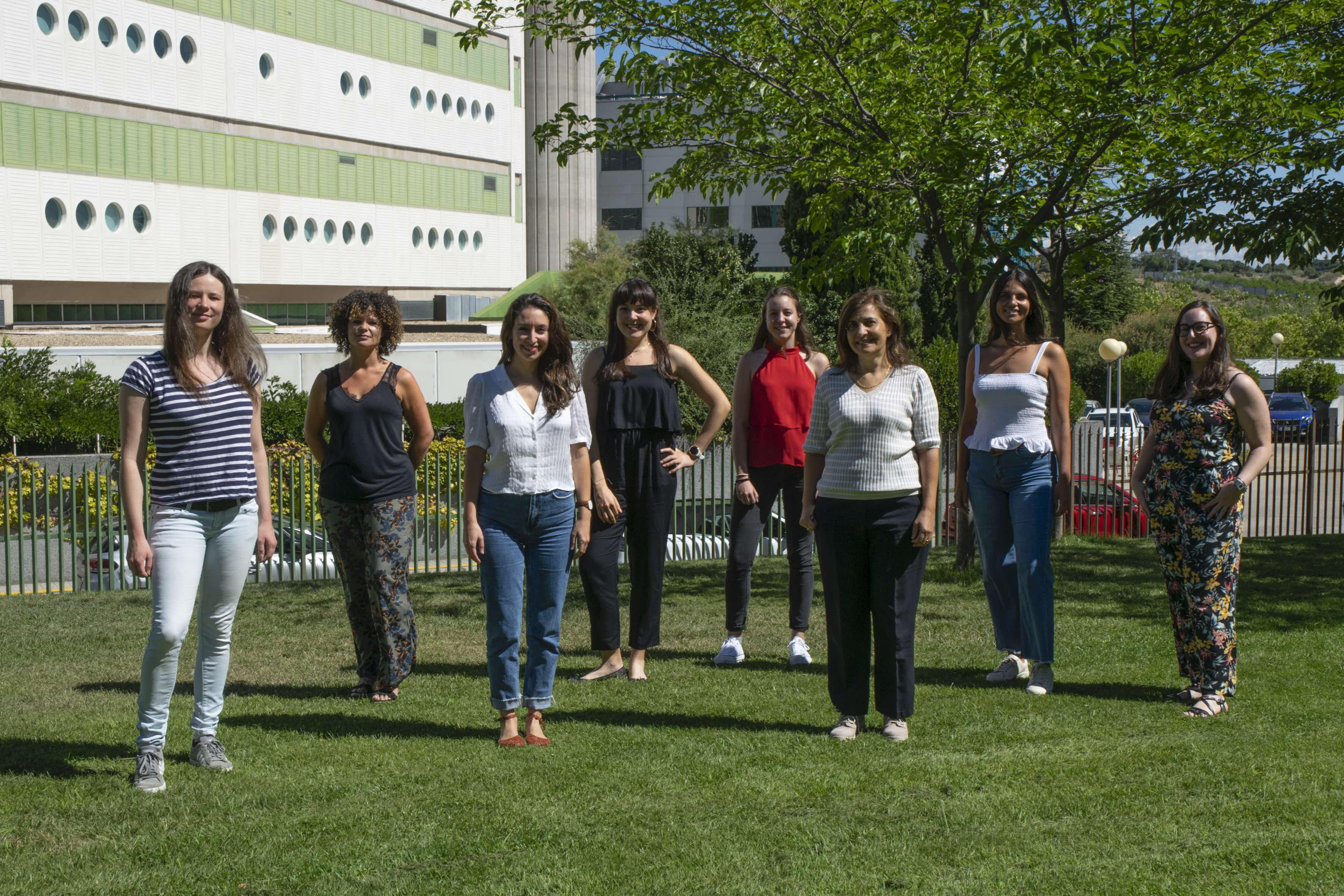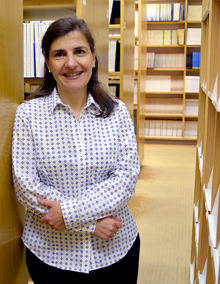Mar Valés Gómez
Group Leader
Research summary
The use of the immune system as a tool for the elimination of cancer has long been a goal of immunologists. The successful treatment of cancer using monoclonal antibodies against checkpoint inhibitors and new adoptive cell therapies with engineered effector cells has recently increased the general interest in immunotherapies against cancer. Our group is interested in cancer immunity mediated by Natural Killer (NK) cells and the molecular mechanisms of immune recognition and evasion. The importance of Natural Killer (NK) cells in the recognition of cancer cells has been known from in vitro experiments and animal models for decades, however, their involvement in human disease requires still fundamental research. We use ex vivo and in vitro models to understand these immune aspects in the human system.
Publications
Cáceres-Martell Y, Fernández-Soto D, Campos-Silva C, García-Cuesta EM, Casasnovas JM, Navas-Herrera D, Beneítez-Martínez A, Martínez-Fleta P, Alfranca A, Sánchez-Madrid F, Escudero-López G, Vilches C, Jara-Acevedo R, Reyburn HT, Rodríguez-Frade JM, Valés-Gómez M. Single-reaction multi-antigen serological test for comprehensive evaluation of SARS-CoV-2 patients by flow cytometry. Eur J Immunol. 2021;51(11):2633-2640.
Martínez-Fleta P, Alfranca A, González-Álvaro I, Casasnovas JM, Fernández-Soto D, Esteso G, Cáceres-Martell Y, Gardeta S, López-Sanz C, Prat S, Mateu-Albero T, Gabrie L, López-Granados E, Sánchez-Madrid F, Reyburn HT, Rodríguez Frade JM, Valés-Gómez M. SARS-CoV-2 Cysteine-like Protease Antibodies Can Be Detected in Serum and Saliva of COVID-19-Seropositive Individuals. J Immunol. 2020;205(11):3130-3140.
Ashiru O, Esteso G, García-Cuesta EM, Castellano E, Samba C, Escudero-López E, López-Cobo S, Álvarez-Maestro M, Linares A, Ho MM, Leibar A, Martínez-Piñeiro L, Valés-Gómez M. BCG Therapy of Bladder Cancer Stimulates a Prolonged Release of the Chemoattractant CXCL10 (IP10) in Patient Urine. Cancers 2019;11(7).
López-Cobo S, Campos-Silva C, Moyano A, Oliveira-Rodríguez M, A Paschen A, Yáñez-Mó M, Blanco-López MC, Valés-Gómez M. Immunoassays for scarce tumour-antigens in exosomes: detection of the human NKG2D-Ligand, MICA, in tetraspanin-containing nanovesicles from melanoma. J. Nanobiotechnol 2018; 16(1):47.
Campos-Silva C, Kramer MK, Vales-Gomez M. NKG2D-ligands: Putting everything under the same umbrella can be misleading. HLA 2018; 1–12.
López-Cobo S, Pieper N, Campos-Silva C, García‐Cuesta EM, Reyburn HT, Paschen A and Valés-Gómez M.Impaired NK cell recognition of vemurafenib-treated melanoma cells is overcome by simultaneous application of histone deacetylase inhibitors. Oncoimmunology 2017; 7(2):e1392426.
Funding

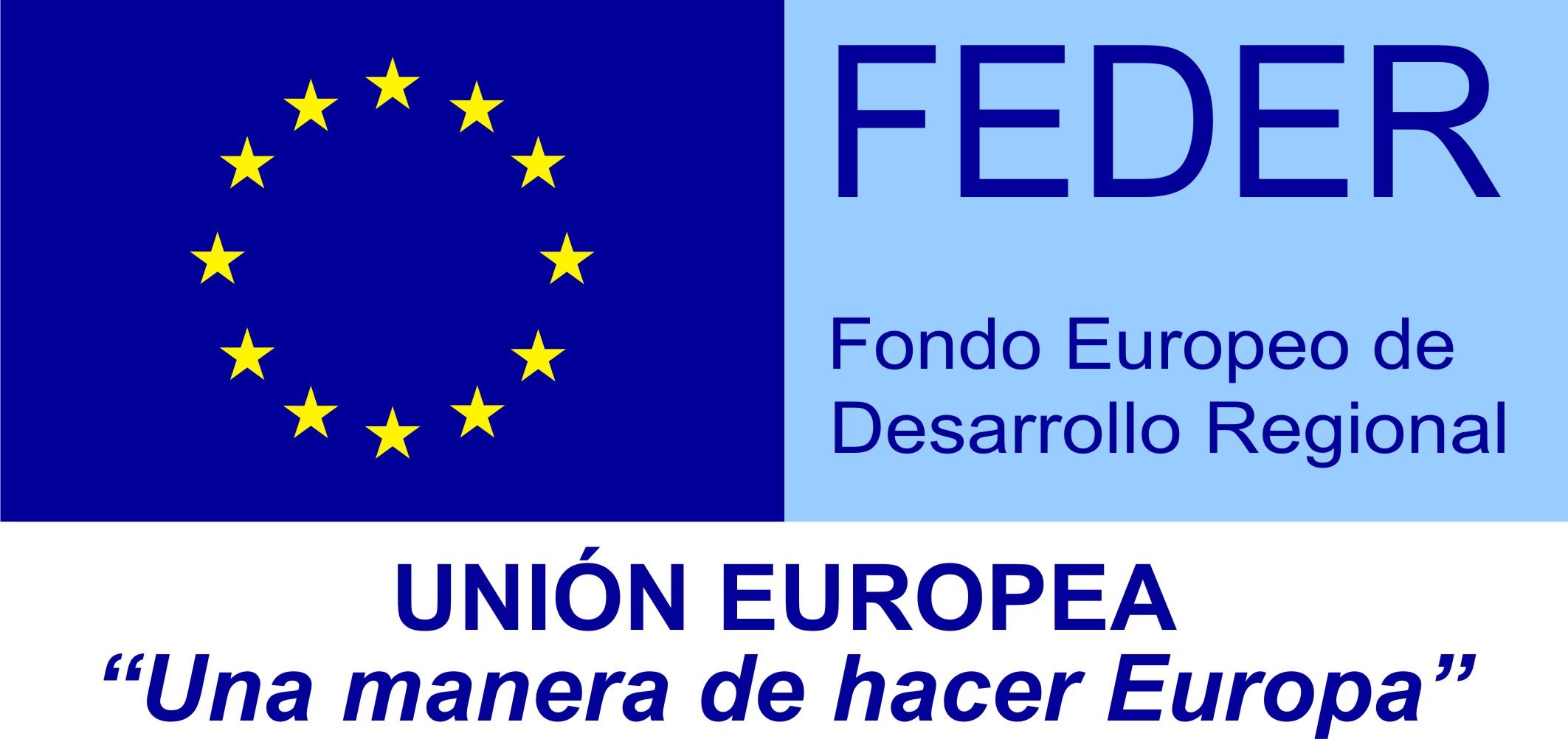
FEDER/Ministerio de Ciencia, Innovación y Universidades – Agencia Estatal de Investigación/ Proyecto RTC-2017-6379-1: Mejora del tratamiento del cáncer de vejiga por Baciloterapia. IP, Mar Valés-Gómez
NK cells can use different activating receptors to mediate cytotoxicity against tumour cells, being NKG2D one of the main players in this activity. In our laboratory, the role of this receptor and its ligands in the recognition of bladder cancer [García-Cuesta et al, Front. Immunol. 2015] and melanoma [Lopez-Cobo et al, Oncoimmunol. 2018] has been confirmed and we have made key contributions to the knowledge of post-translational regulation processes affecting NKG2D-ligand expression, such as the release of these molecules from cells either as soluble proteins, after proteolytic cleavage mediated by metalloproteinases, or in extracellular vesicles (EVs) like exosomes. However, the role of soluble vs multimeric NKG2D-L in modulation of the immune response still is not completely defined. This is particularly challenging in the human system and it involves developing techniques for detection of tumour markers in EVs.
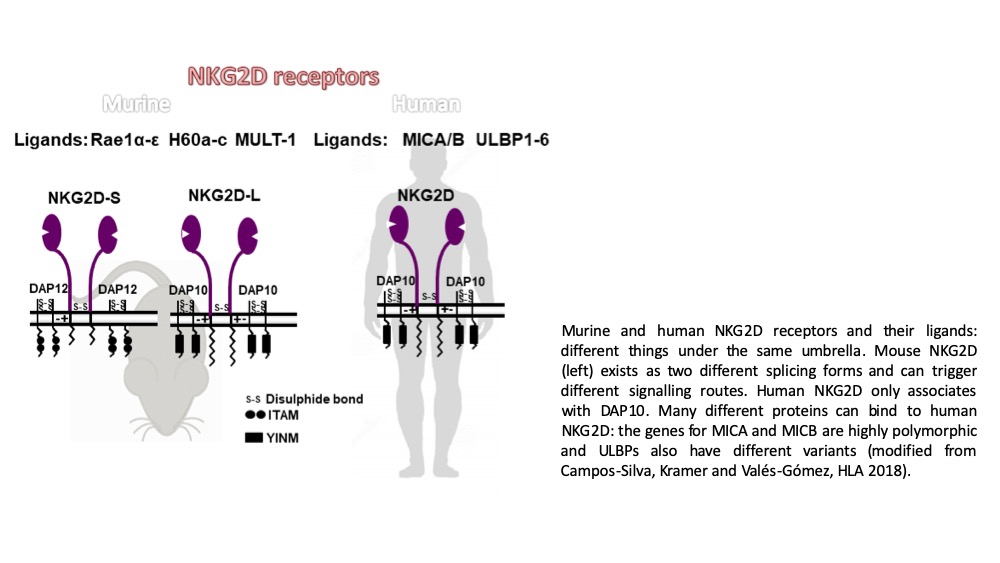
For decades, an immune response-based therapy has been used with great success for bladder cancer patients, intravesical instillation of Bacille Calmette-Guérin (BCG), an attenuated strain of Mycobacterium bovis. We use this treatment as a model for the study of the stimulation of immune cells to eliminate tumours. In this context, in vitro experiments have shown that, after stimulation with BCG, a subpopulation of CD56bright NK cells expands and acquires the ability to recognise tumour cells, including bladder cancer. CD56bright cells were defined in other systems as a subpopulation of immature NK cells, usually with a high ability to secrete cytokines. However, the subpopulation that we have discovered derives from CD56dim cells and mediates cytotoxic activity due to the presence of other NK receptors.
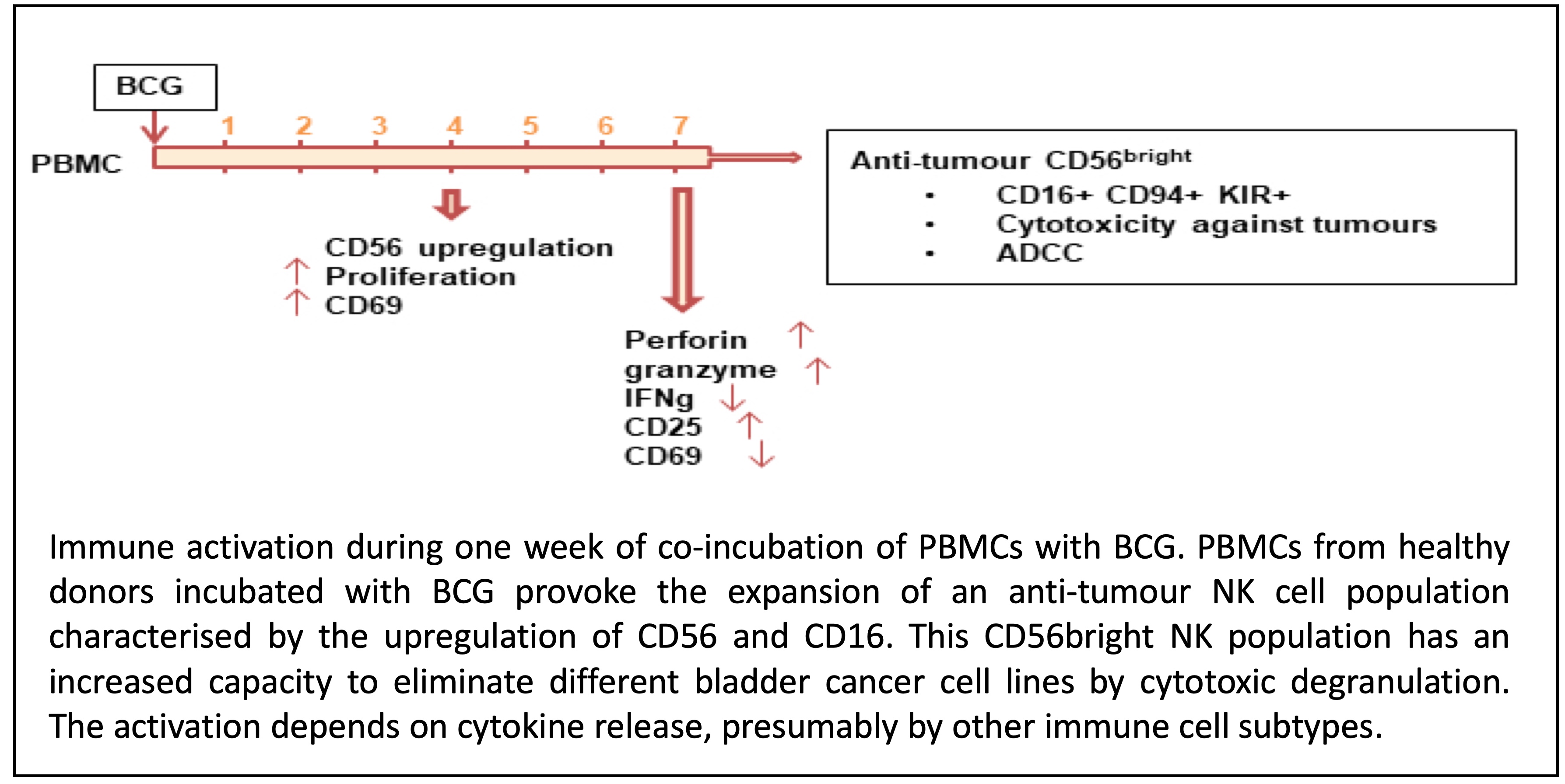
During the COVID-19 pandemic, we have described that the main protease of the virus (3CLpro, Mpro) is antigenic in COVID-19 patients and have developed two serology tests (ELISA and multiplex bead-assisted flow cytometry), including several SARS-CoV-2 antigens. A patent has been filed and the know-how of the ELISA licensed in a non-exclusive manner, so that it could be widely available. It is the first COVID-19 related product included in the Medicines Patent Pool of the World Health Organization. Tests, approved for diagnostics by the Spanish regulatory agency (AEMPS), are commercialised by Immunostep, S.L.
